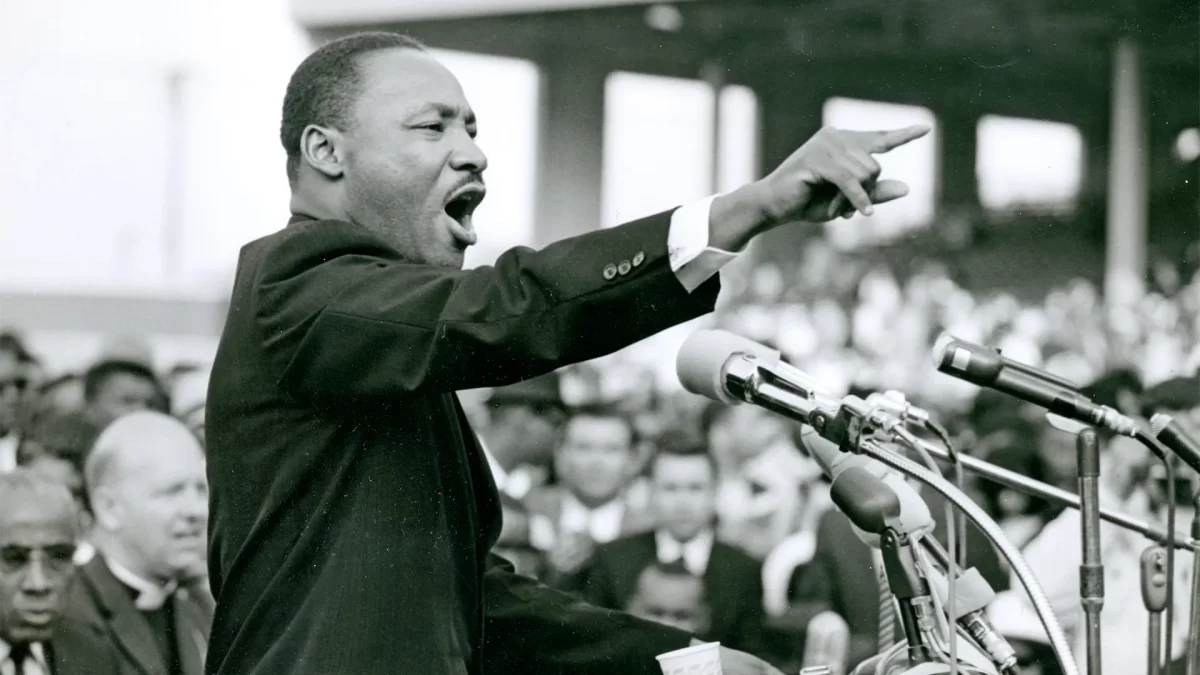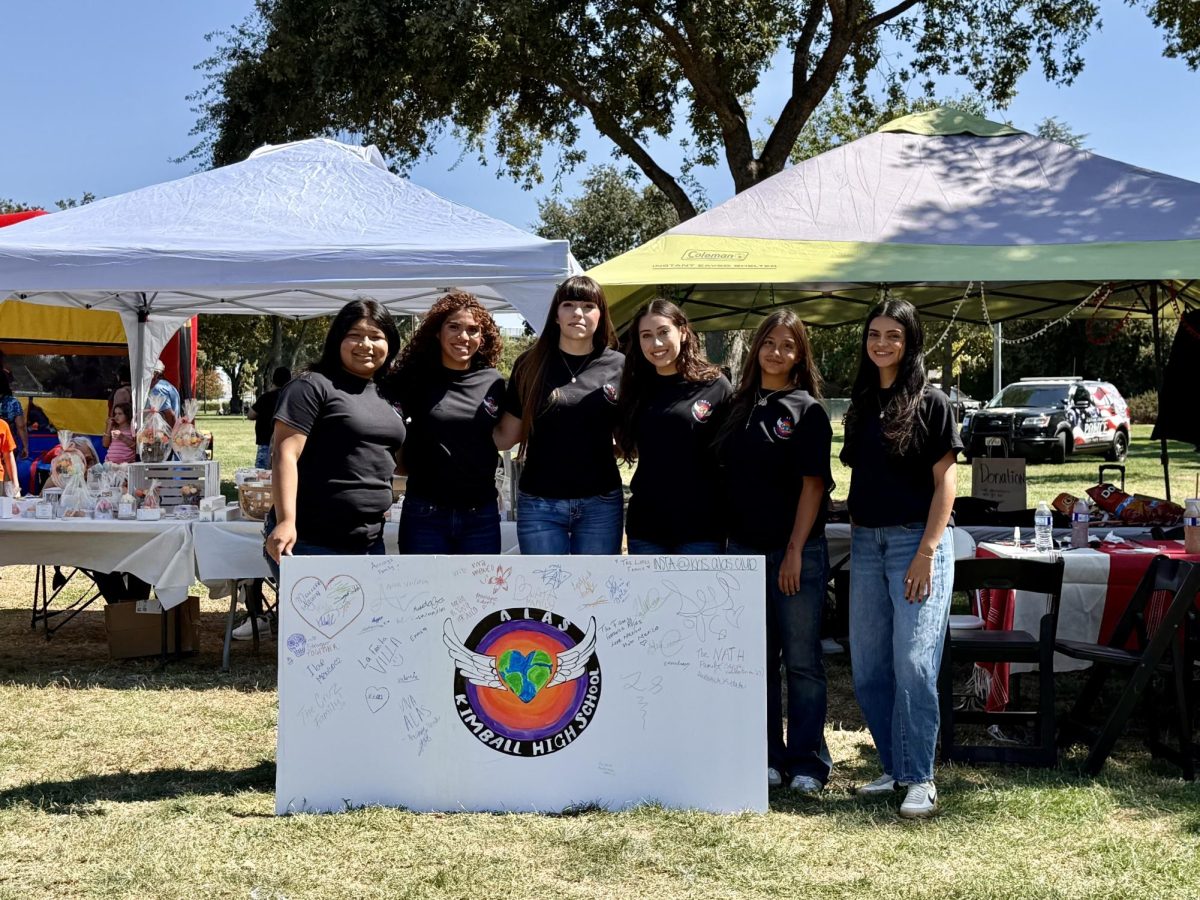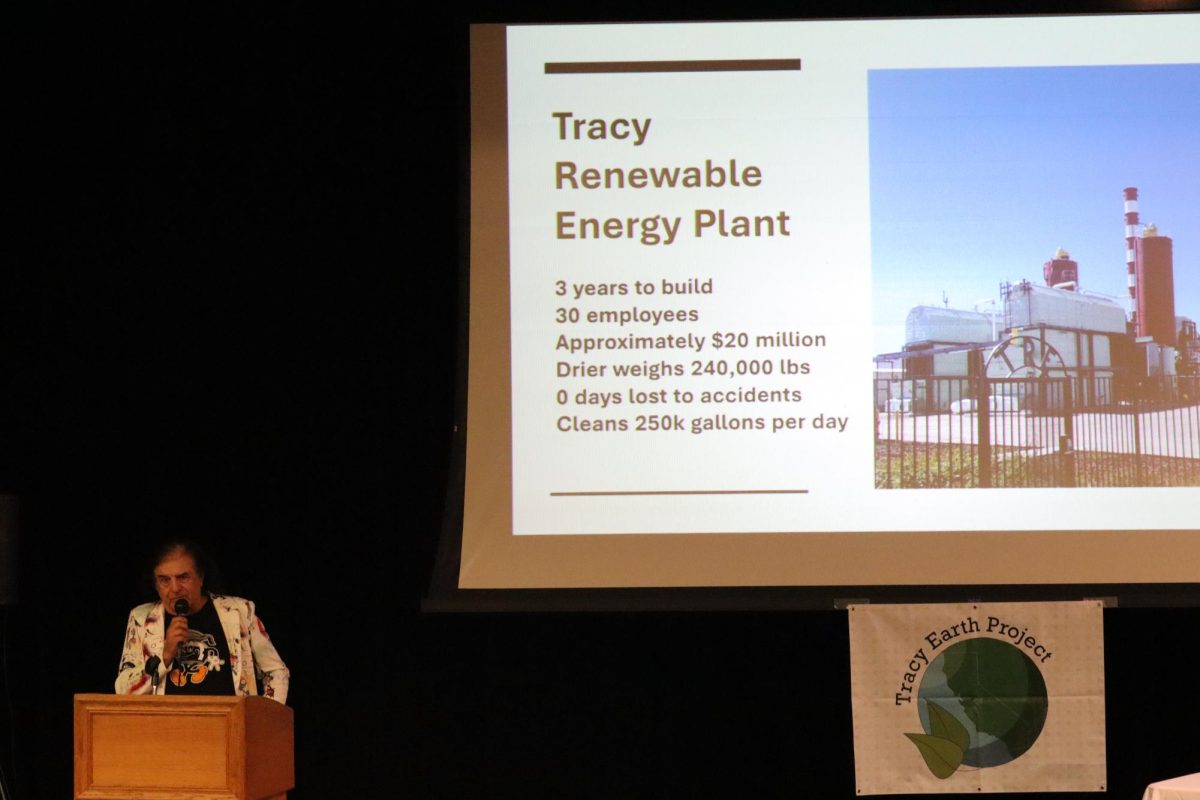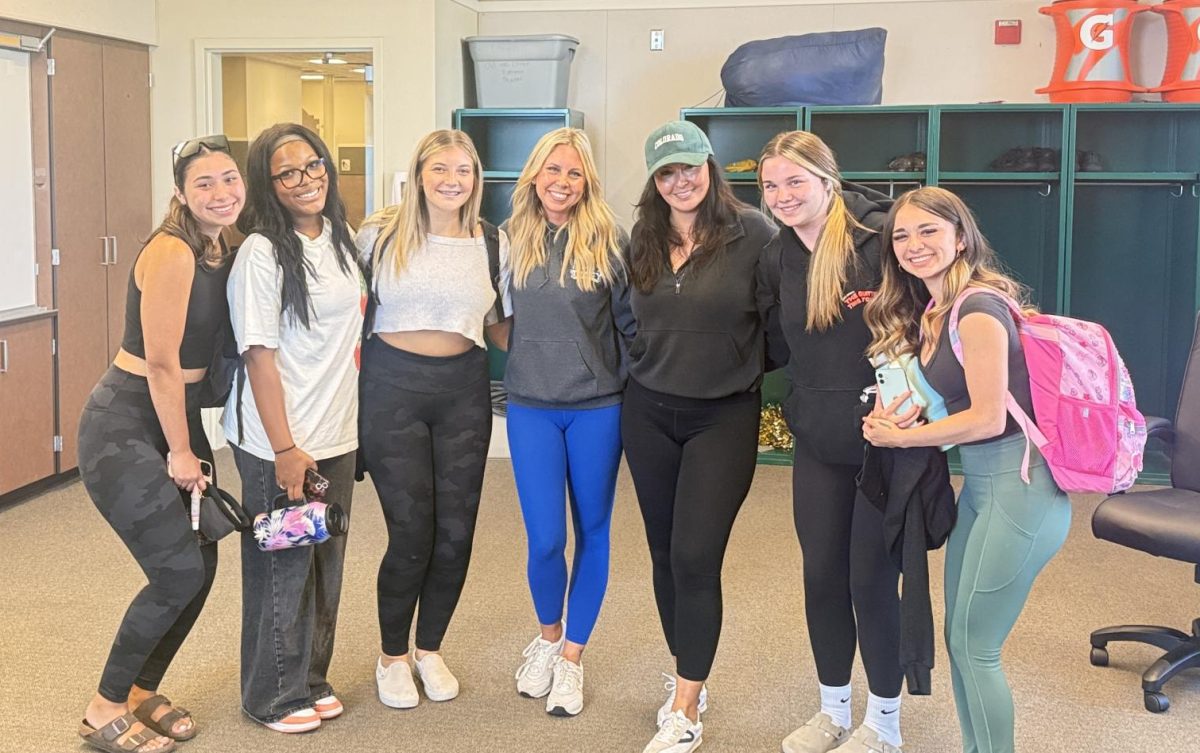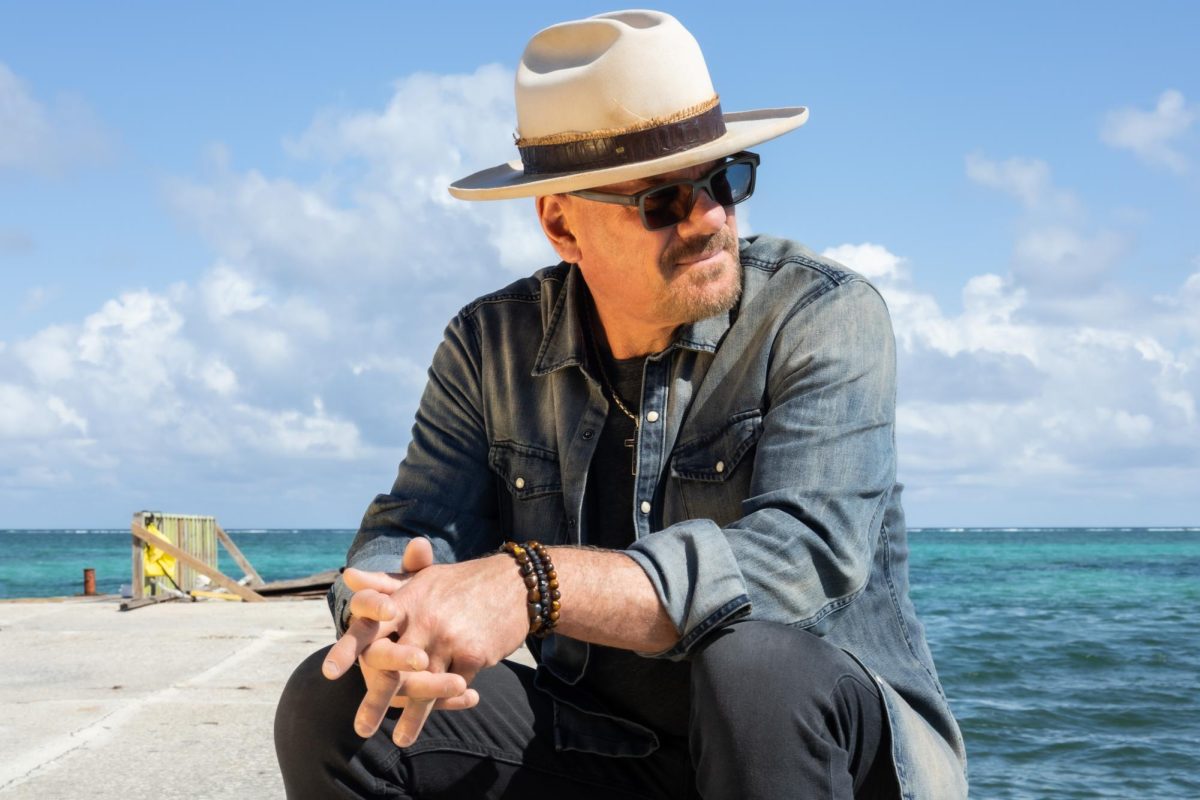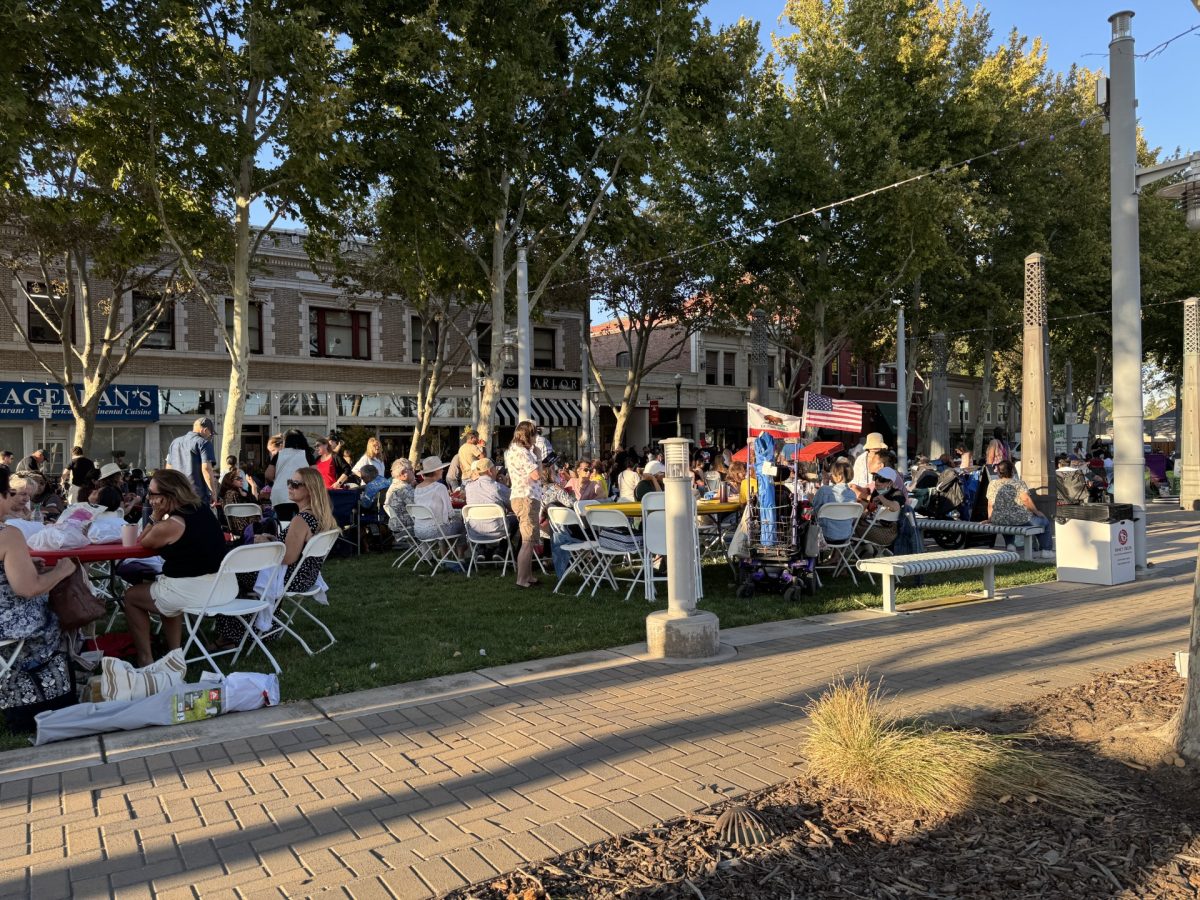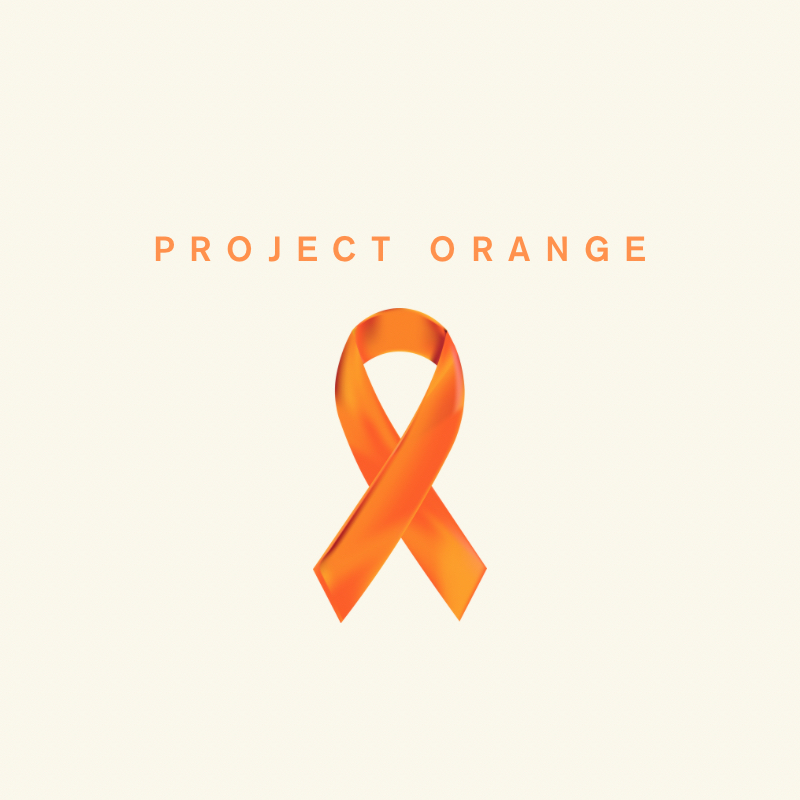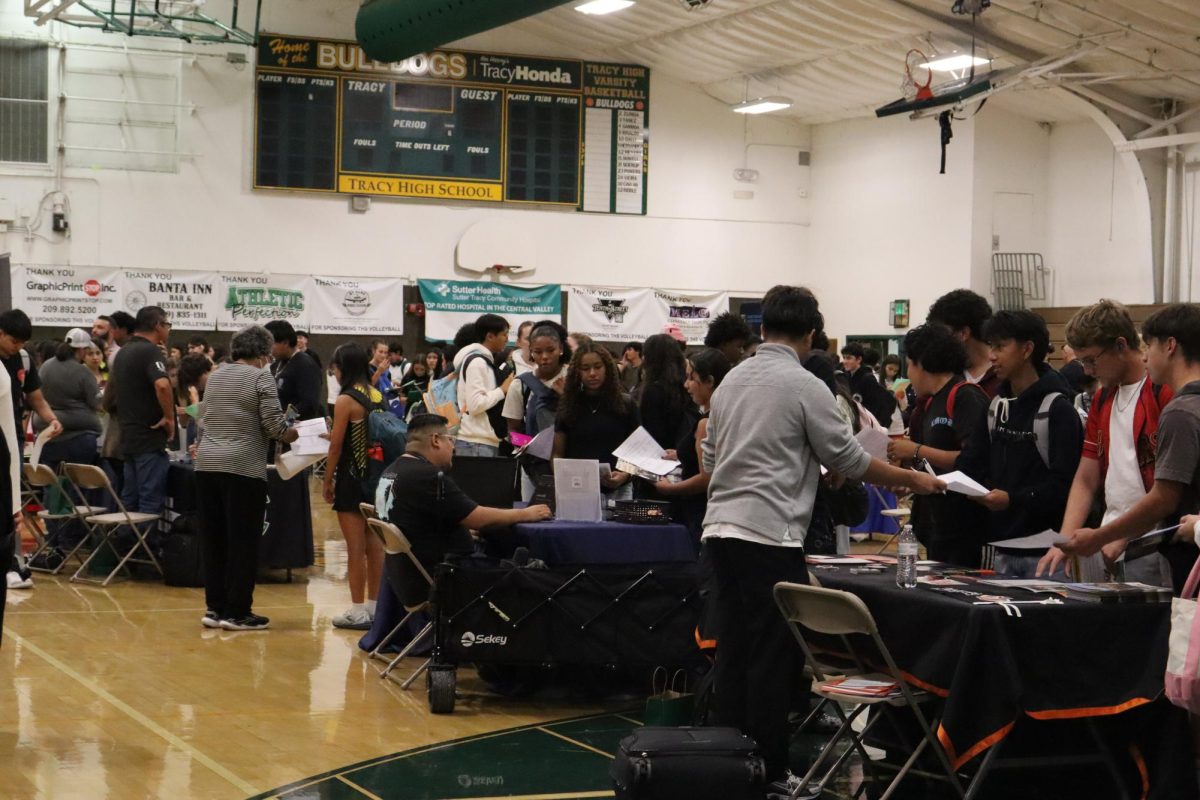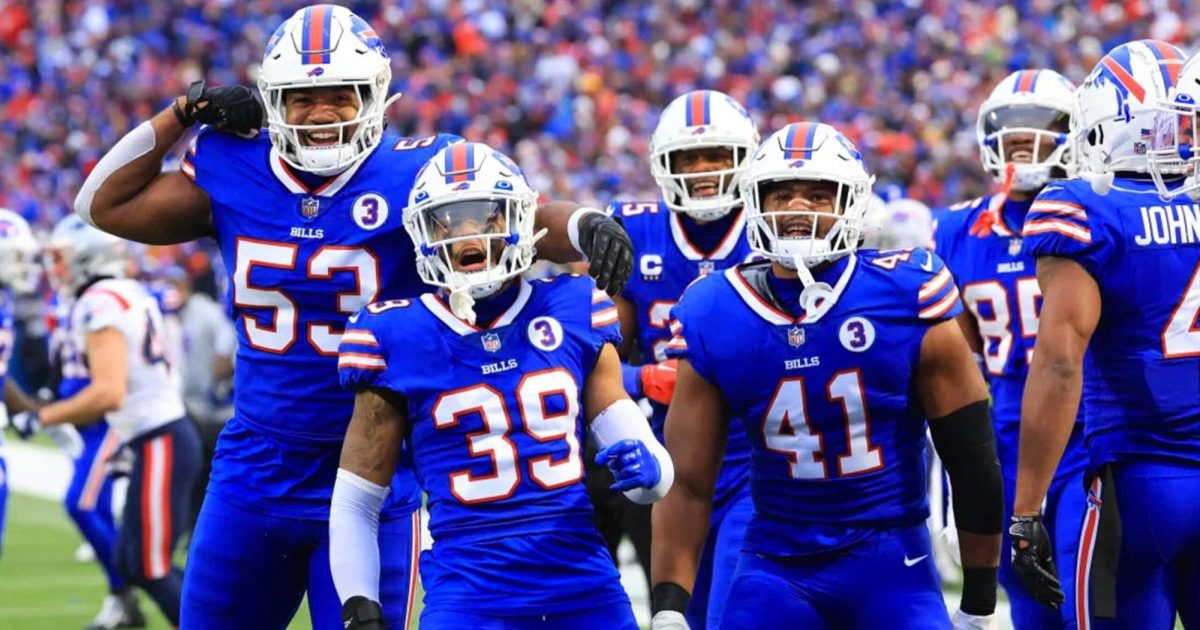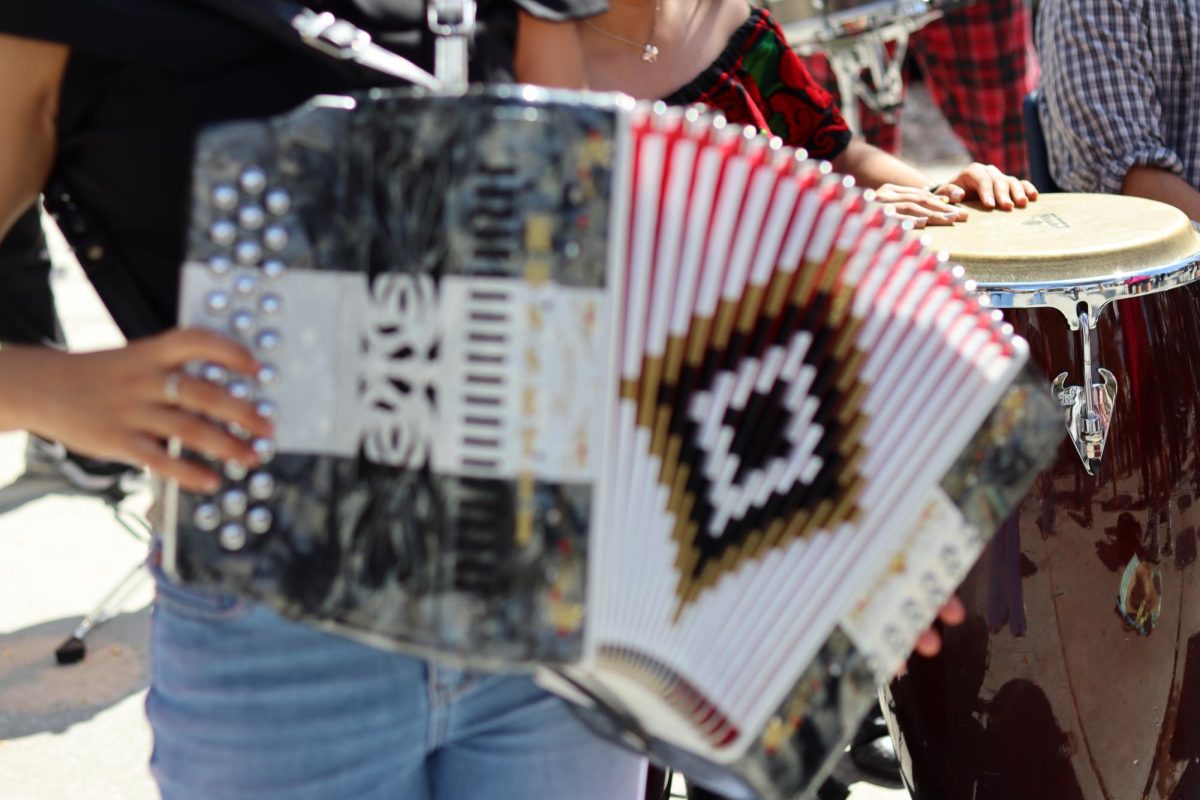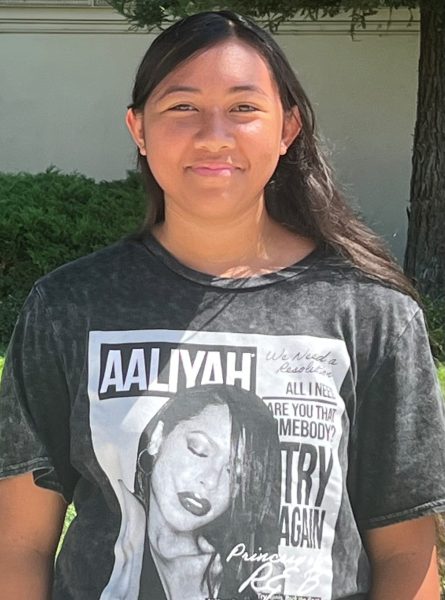Martin Luther King Jr was a social activist that led civil rights movements in the U.S. King wanted to end the segregation of African Americans not only in the South, but also in other parts of the U.S, and it worked.
King held many boycotts and protests during his time, his most famous and historic being The March on Washington.
As King got to be more known, he then got promoted to be the head of the Southern Christian Leadership Conference to gain civil rights, which promoted nonviolent protests, boycotts, etc.
King would later receive the Nobel Peace Prize in 1964 for his leadership of the Civil Rights movement and his commitment to achieving racial justice nonviolently.
Born Michael Luther King Jr., later changing his name to Martin, on January 15, 1929. King’s parents, Martin and Alberta King, were both college graduates, and King’s father had taken his father in laws spot as the Pastor of the Ebenezer Baptist Church in Atlanta, Georgia.
King and his family were middle class but that didn’t prevent them from the prejudice of the South.
King’s first encounter with the segregation of the South was when he was about 6, his white friends said they couldn’t play with him anymore because their parents put them in segregated schools. This was the start of Kings growing hatred for racial segregation.
In 1944, 15-year-old King took a trip to the North by himself while in Morehouse College in Atlanta, under a special program that he entered to help promising students like King. While his time in the North, he got to experience firsthand the Norths race relations.
To Kings surprise, the North was nothing at all like the South. King saw how peacefully everyone of every color got along in the North compared to the South where there was just hatred towards anyone for being colored.
During his time at Morehouse, King showed interest in studies about medicine and law, but they couldn’t become anything more than a dream because of his father, who urged King into entering the ministry.
King would graduate from Morehouse in 1948 when he was 19 years old.
For the next three years, King was in Chester, Pennsylvania at the Crozer Theological Seminar, where he became familiar in the work of Mohandas Ghandi.
King would then be elected president for Crozer’s student body, which was made up of mostly white students.
After Crozer, King had gone to Boston University, where he sought out a firm foundation for his theological and ethical reasons.
During his time in Boston, King met a women by the name of Coretta Scott, who was studying at the New England Conservatory of Music.
They got married in 1953 and would later have four children together.
Following the incident with Rosa Parks, an African American women, when she wouldn’t give up her seat for a white passenger and was arrested for violating the city’s segregation laws, a small group of civil rights advocates decided that they were going to boycott the city’s public bus system.
They would later be known as the Mongomery Improvement Association, and they chose King as their leader.
“But we have come here tonight to be saved from that patience that makes us patient with anything less than freedom and justice,” King declared in his first speech to them.
King and his family’s safety had been threatened but that didn’t stop King from continuing the boycott, until a year later, the city’s buses were finally desegregated.
King saw how successful the Mongomery boycott had been, and he decided to organize the Southern Christian Leadership Conference (SCLC).
He used this organization to discuss race related issues with religious and civil rights leaders.
King grew increasingly fond of the idea of nonviolent resistance and that it would help them with their struggle for freedom.
King and his family moved back to his home city of Atlanta in 1960, where he became co-pastor with his father at the Ebenezer Baptist Church.
Devoting most of his time into the SCLC and the civil rights movements, King had agreed to support sit-in demonstrations, managed by local black college students.
In late October of that year, King and thirty-three other people were arrested for protesting segregation at a lunch counter.
In the years 1960 to 1965 King had quickly caught the attention of the news media and the television. King knew how big television was and he utilized it to his advantage. He used to publicize the struggle for civil rights and to show his nonviolent tactics, sit-ins, protests, marches.
1963, spring in Birmingham, Alabama, King had a campaign at a lunch counter to end segregation there when the police’s attention was quickly caught.
The police turned dogs and fire hoses on the participants. King and large amount of his supporters were thrown in jail.
Nearing the end of the Birmingham campaign, King had joined other civil rights leaders in organizing the historic March on Washington.
August 28, 1963, more than 200,000 people of all races gathered at the Lincoln Memorial to demand equal justice for all citizens under the law, no matter what race.
The crowd was uplifted by King’s emotional but strong “I have a dream” speech.
The March on Washington had a strong effect on the nation which resulted in the passage of the Civil Rights Act of 1964.
Unfortunately, the hate didn’t stop after that law had been passed. King and others were still fighting for their freedom.
March 7, the March on Selma had marchers hit with tear gas and bashed with nightsticks. It was all captured on television and became known as “Bloody Sunday”.
“I’m rankly tired of marching. I’m tired of going to jail,” King admitted in 1968. “Living everyday under the threat of death, I feel discouraged every now and then and I feel my works in vain, but then the Holy Spirit revives my soul again.”
On April 3, 1968, King was at the Temple Church in Memphis, Tennessee.
“I’ve seen the promised land. I may not get there with you. But I want you to know tonight that we, as people, will get to the promised land,” King stated, before the night he died.
The next day, King was standing on the second story of the Lorraine Motel when he was shot by a sniper’s bullet.
On March 10, 1969, a white man named James Earl Ray, pleaded guilty to King’s murder, and was sentenced to 99 years in prison.
Layla Moore, a freshmen at Tracy High, shares her thoughts on Martin Luther King.
“He really did a lot for people of color, and I think the work that he did was amazing, like the March on Washington, a bunch of people showed up, like a lot,” Moore said. “He really helped the African American community in a lot of ways.”
Asharee Reed is a sophomore also at Tracy High shared her thoughts.
“I don’t know if we would be where we are today without Martin Luther King, civil rights wise. We would, but not as much as we are now,” Reed said. “He definitely did a lot, and it has helped even after his death.”

